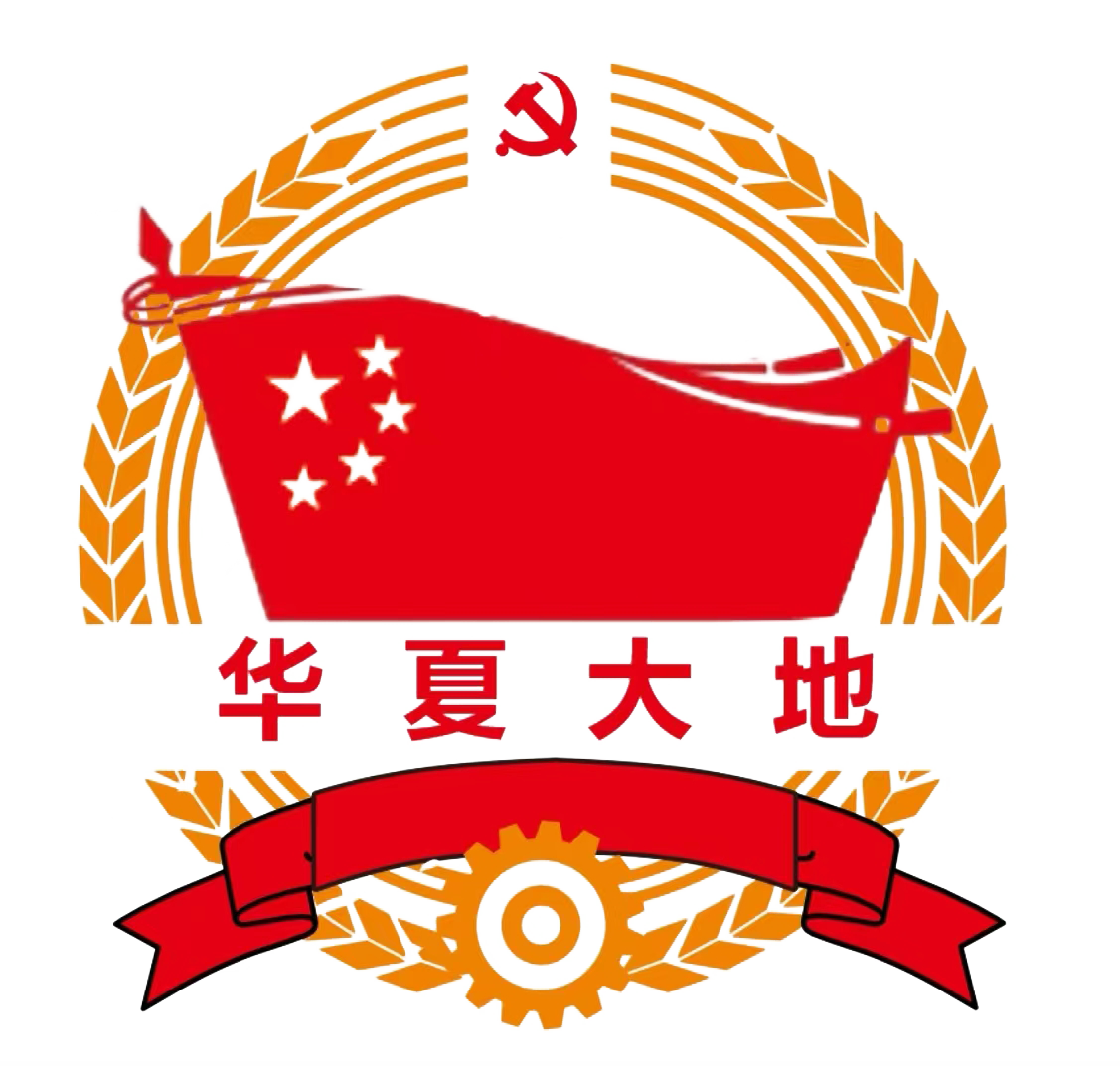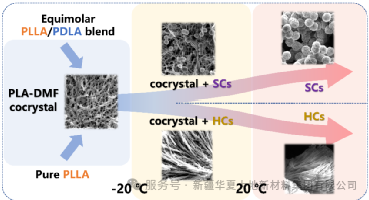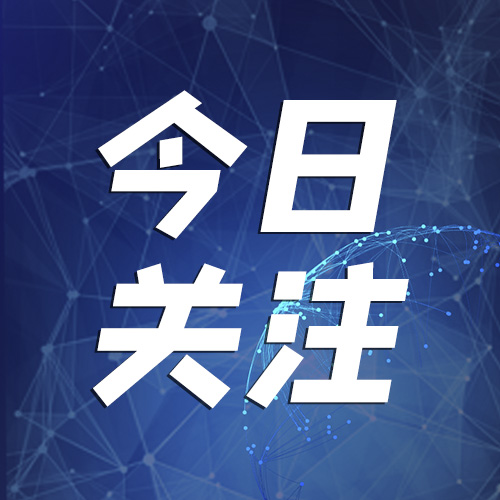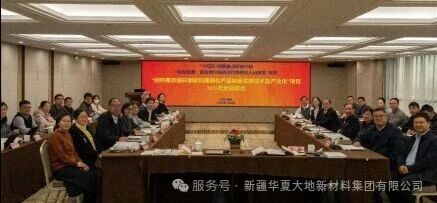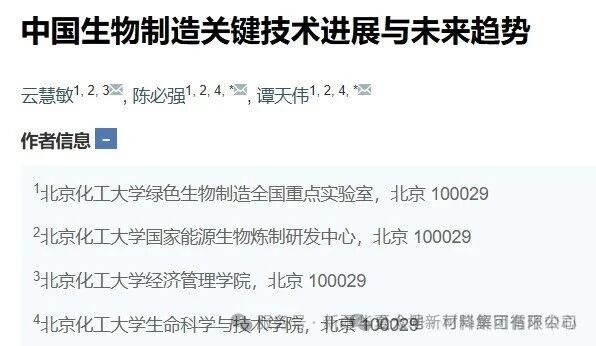On March 4, with the second session of the 14th National Committee of the Chinese People's Political Consultative Conference (CPPCC) held in Beijing, the national two sessions officially kicked off. As a source of convenience for modern life, plastics also bring the challenge of environmental pollution. At the previous two sessions, the proposals related to "plastics" have always attracted attention from all walks of life.
During this year's two sessions, a number of NPC deputies and CPPCC members from the fields of petroleum and chemical focused on plastic issues, and conducted in-depth discussions on hot topics such as accelerating the promotion of the application of degradable plastics, severely cracking down on the market of pseudo-degradable plastic products, strengthening the prevention and control of microplastic pollution, and promoting the scale and high-value development of the recycled plastic industry.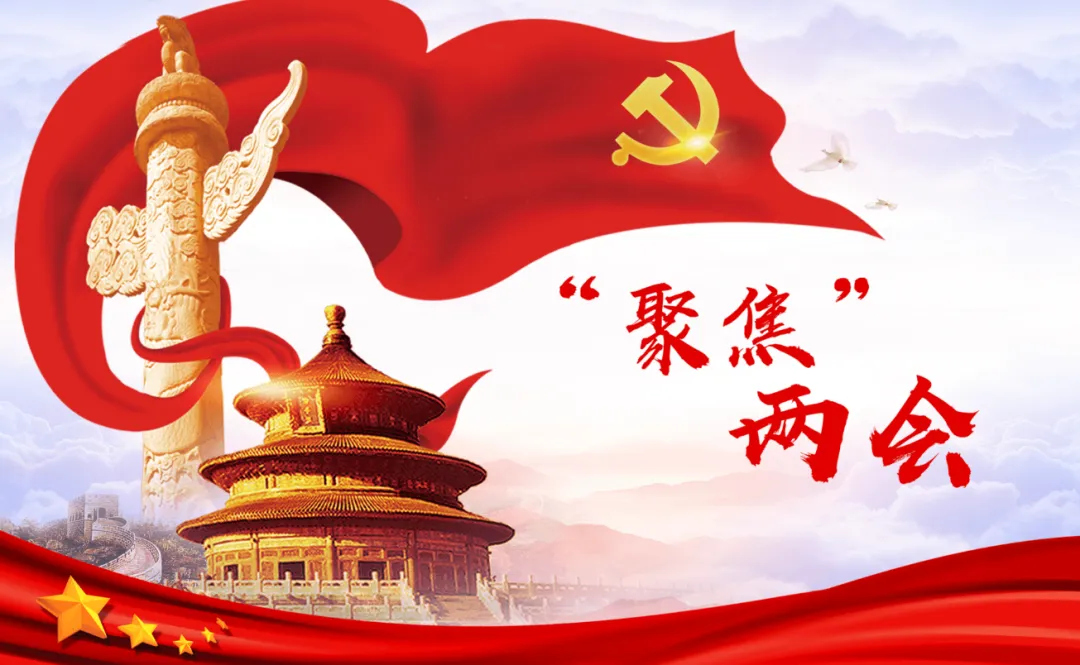
Promote the prevention and control of microplastic pollution in the Yellow River Basin
Huo Jinhua, member of the CPPCC National Committee
Microplastics are plastic particles less than 5 mm in diameter. They are a heterogeneous mixture of plastic particles of various shapes, which are often difficult to distinguish with the naked eye and are one of the main carriers of pollution." Huo Jinhua, a member of the National Committee of the Chinese People's Political Consultative Conference and vice chairman of the Henan Provincial Committee, said that microplastics are suspended in water bodies or deposited to the bottom, and research shows that they are widely present in Marine ecosystems and freshwater ecosystems such as rivers and lakes, and are vividly known as "PM2.5 in the ocean."
The Yellow River Basin has a wide area and a large population. More than 3,100 reservoirs have been built, providing drinking water for 120 million people in the basin. "It can be seen that understanding the non-degradable microplastic pollution in the Yellow River basin and further promoting the prevention and control of microplastic pollution in the Yellow River Basin are of great significance for improving the ecological protection and high-quality development of the basin." Huo Jinhua found through visits and investigations that there are still practical problems such as insufficient attention, lack of standards, lack of research, lack of data, lack of research and development, and lack of funds for microplastic pollution control in the basin.
To this end, Huo Jinhua suggested that in the implementation of the Yellow River Basin ecological protection and high-quality development strategy to introduce microplastic pollution prevention and control policies, and organize experts and scholars in relevant fields to formulate microplastic detection and prevention standards, microplastic pollution into the water pollutant discharge standards of various industries. At the same time, the knowledge of microplastic pollution prevention and control is popularized through various channels such as media and social platforms, so that the public fully understands the seriousness of microplastic pollution, and improves the public's environmental awareness and action power.
Focus on recycled plastics and discarded electronics
National Federation of Industry and Commerce Environment Chamber of Commerce
The National Federation of Industry and Commerce Environment Chamber of Commerce around the development of recycled plastics industry and waste electrical and electronic products drafted relevant proposals, has been submitted to the National Federation of Industry and Commerce, will be submitted to the second session of the 14th National Committee of the CPPCC group proposal.
Among them, the proposal to promote the development of the recycled plastics industry mentioned that China is the world's largest plastic producer and consumer, and faces serious plastic pollution challenges. Plastic recycling has a positive significance for promoting China's development of circular economy, achieving the goal of "double carbon" and coping with global climate change.
It is suggested that there are three major problems in the development of China's recycled plastics industry at present:
First, the native plastics industry lacks a clear target for the use of recycled plastics, resulting in the unstable scale of waste plastic recycling;
Second, the consumption of recycled plastics lacks the corresponding incentive mechanism;
Third, the progress of high-value utilization of plastic recycling is less than expected, and it is difficult to achieve the expansion of the range of raw material substitution;
In order to promote the large-scale development and high-value utilization of the plastic recycling industry, and improve the recycling level of waste plastics in China, the Environment Chamber of Commerce recommends:
First, formulate a clear and binding development strategy for the recycled plastics industry, and put forward phased and quantified classification and recycling requirements for the production enterprises of virgin plastic products;
The second is to set up a plastic packaging recycling fund represented by PET polyester materials, and try to pay the fund by plastic packaging manufacturers;
Third, accelerate the original use of food-grade plastics;
Fourth, accelerate the promotion of carbon footprint accounting and carbon labeling certification of plastic products, encourage the government and leading enterprises to increase the procurement of green and low-carbon products, guide green consumption, and encourage consumers to buy and use recycled plastic products with a low carbon footprint;
Strengthen the implementation and supervision of the "plastic ban order"
National People's Congress deputy Zheng Yueming
During the National Two sessions this year, Zheng Yueming, a deputy to the National People's Congress and chairman of Lianhong Xinke, intends to submit a proposal on strengthening the implementation of the ban on plastic policies, supporting the development of the degradable plastics industry, and helping to solve "white pollution". In the proposal, Zheng Yueming proposed to strengthen the implementation and supervision of the "plastic ban order" and further improve the standard system of degradable products.
Zheng Yueming said in the proposal that after the introduction of the "plastic ban order", local governments have formulated a series of supporting policies, and these measures have achieved certain positive results and breakthroughs. Moreover, China's degradable plastics industry has made great progress, the technical bottleneck problem has been gradually solved, the industrial scale has been significantly improved, product performance has been continuously optimized, and competitiveness has been significantly enhanced, and it has been at the international leading level and has the conditions for large-scale promotion and application.
However, Zheng Yueming also pointed out that with the decline of public opinion on the "plastic ban order", the domestic market has rebounded on the consumption habits of traditional plastic products, and the promotion of degradable products has weakened. Such as shopping malls, supermarkets, farmers' markets, express packaging, agricultural mulch and other markets used in disposable packaging is still dominated by traditional plastic products. At present, the "ban on plastic" related policies and measures lack effective incentives, penalties and error correction mechanisms, and the market promotion of degradable products is not enough, and the demand is insufficient.
In response to the above problems, Zheng Yueming suggested that we should strengthen the implementation and supervision of the "plastic ban order", improve the frequency of daily law enforcement inspections, irregular special spot checks, prohibit traditional plastics from entering the prohibited plastic terminal consumption field, and increase the penalties for the use of disposable non-degradable plastic products in the restricted field.
Promote the chemical cycle of waste plastics
Li Jinghong, member of the CPPCC National Committee
Li Jinghong, a member of the CPPCC National Committee, put forward the following suggestions on promoting the development of chemical recycling of waste plastics:
A clear strategic positioning of the chemical cycle of waste plastics: as an important component of building China's plastic pollution control system and strategic security guarantee of energy resources, it is included in the plastic pollution control policy and regulation system, circular economy planning and waste materials recycling system planning, and as the core means to deal with plastic pollution.
Clarify the industrial development orientation of chemical cycle: Clearly regards chemical cycle as an important technical route for waste plastic recycling, in terms of industrial layout, regards chemical cycle project as a comprehensive utilization of resources project, gives priority to centralized layout and operation management in chemical park, gives priority to protection in carbon emission index, energy consumption index and land use index, does not include in the management of two high project, and is not subject to the capacity limitation of chemical project.
Establish a waste plastic recycling system that matches the chemical cycle: Accelerate the reform and improvement of the current household waste classification system, use low-value plastic waste as low-value recyclables, add special waste plastic recycling bins (buckets) in the classification of urban and rural residents' household waste, build urban low-value recyclables sorting centers, and separate low-value waste plastics from household waste and turn them over to chemical recycling enterprises for use.
Fourth, promote the construction of chemical cycle demonstration pilot projects: promote large enterprises to increase investment in waste plastic recycling and chemical recycling, build a batch of waste plastic chemical cycle demonstration projects, support key enterprises to build new or use existing devices to carry out industrialization demonstrations, encourage the construction of demonstration projects that integrate the development of upstream and downstream industrial chains, and increase investment support within the central budget.
Improve standards for recycled plastics used in food contact
Hong Mingji, member of the CPPCC National Committee
During this year's two sessions, Hong Mingji, a member of the National Committee of the Chinese People's Political Consultative Conference and executive director and chief executive officer of Hexing Group Holdings Co., LTD., brought a number of proposals such as "Recommendations on the introduction of recycled plastics recycling policy for food contact as soon as possible".
Hong Mingji is concerned that according to statistics, the total consumption of PET bottles in China in 2020 will reach 9.51 million tons, of which more than 75% are used for food packaging. The "14th Five-Year Plan" Action Plan for plastic pollution Control clearly encourages the "level of waste plastics and high value-added use", but up to now China has not issued supporting regulations to promote the original use of PET bottles for food contact, allowing recycled plastics for food contact to be used as food-grade packaging materials and recycled.
In response, he suggested loosening policies and lifting restrictions; Improve the standard, standardize the application; Evaluate ability, pilot promotion.
According to the relevant provisions of the "Food Safety Law", it is recommended that the National Health Commission take the lead and introduce policies and regulations as soon as possible to allow recycled plastics in food contact to be recycled in the country. It is reported that the National food safety risk assessment Center responsible for the relevant food safety risk assessment work has been completed, and its phased results show that Chinese enterprises have the ability to produce food contact with recycled plastic products that meet the requirements. Therefore, it is recommended that recycled plastics for food contact be included in the management of new varieties of food-related products.
It is recommended to improve the relevant standards of recycled plastics for food contact, clarify the requirements for food safety risk prevention and control, establish and improve the plastic recycling and circulation system, strengthen the classification and recycling of garbage, improve the level of plastic pollution control, and accelerate the promotion of plastic waste at the same level and high value-added utilization.
It is recommended to assess the capacity of plastic production enterprises that have the production capacity of recycled plastics for food contact and have obtained international certification, establish a list of waste plastic recycling enterprises, clarify the risk assessment mechanism and supervision and management mechanism, actively carry out pilot work on the recycling of recycled plastics for food contact, and promote the application of products that meet the requirements. The recycling of recycled plastics for food contact (rPET) has become a global trend to cope with climate change, reduce oil consumption, reduce carbon and increase efficiency, which is of great significance to accelerate the green and high-quality development of China's plastic industry and promote the realization of the "double carbon" goal on schedule. The recycling policy of recycled plastics for food contact is urgently needed.
